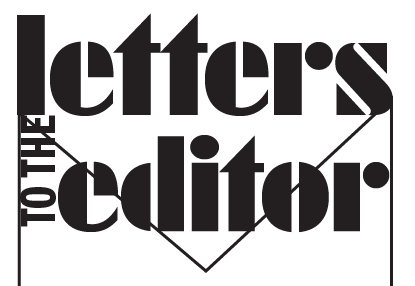Dear Neighbor,
It’s February and Valentine’s Day is anon, the day dedicated to love. Since Hallmark, Fannie Farmer and your favorite florist have it covered in deeds, and poets and playwrights provide eloquently in words, I’ll step aside. Instead, let’s talk about like.
I don’t like “like.”
Not in all ways, certainly. As a verb, it’s fine: I like chicken. I don’t like George Santos. And it’s OK as a simile’s comparative: George is sly like a weasel, and people say he looks like Rep. Harriet Hageman (R-WY). These are fine, actually purposeful, uses of like. It’s the gratuitous “like” that has spread like a virus that makes me crazy.
When I was growing up “y’know … ” was the bane of my parents’ generation. My mother called me out for my overuse of the term, which annoyed me then and for which I’m grateful now.
“Like” is a different breed of cat. While “y’know” usually precedes a complete sentence, “like” is often used, like, anywhere. While it has no designated part of speech, “like” gets thrown around in sentences everywhere, as if it were every part of speech (and then some). By gum, it’s linguistic anarchy, I tell you!
If you like don’t know what I like mean, like listen to Kim Kardashian like speak. A while back, Kim was in some bizarre form of law school (never completed), and I often imagined judges’ wading through Kim’s Valley Girl Speak and throwing her out for contempt, if not of court, then of language.
“Like” is a filler word. Filler words are languages’ spam and equally annoying, virtually demanding that the listener press “delete” with each issuance. They indicate a lack of confidence and respect for articulate speech.
This is a PSA for all budding and blooming like-aholics. No doubt your parents and teachers have wished you’d stop. But, as all adolescents (and I) know we don’t bow to our elders’ admonitions, rather to our own whims and wants. This might help you curb the appeal of “like.”
I’ve been on hiring committees. I recall one in particular several years ago. The candidates already had been whittled down to two, both stellar on paper, and I expected the decision to be difficult. Until the interviews.
Candidate #1 answered every question eloquently and asked pertinent questions. (Lookin’ good, number one.) Candidate #2 answered every question and asked pertinent questions, but each utterance was littered with “like.” As in like nearly every like other word. I thought I’d lose my mind working with and listening to this barrage of unnecessary wordage every day, especially as our field was language instruction. My colleagues were not so kind in their assessments (I cannot quote theirs in this publication).
The decision was swift and unanimous: Candidate #1 got the job. One of my college professors told the class, “Language is the vehicle of thought: Sloppy speech indicates a sloppy mind.” In other words, speak intentionally and say what you want with confidence borne of careful thought and reasoning.
Along with a solid work ethic and strong moral compass, nothing reveals who you really are and what you’re all about than how you speak and express yourself. Not your clothes, your car, your watch, your house, your lineage. In the end, these things all are fluff.
So, get out there, work hard, be honorable and, to paraphrase Nancy Reagan’s slogan for the War on Drugs, just say no to “like.”
— Dorothy
P.S. For more on this topic, Google “Luke Priddy, Valley Girl is a Mind Virus” on YouTube. It’s brilliant and insightful.






